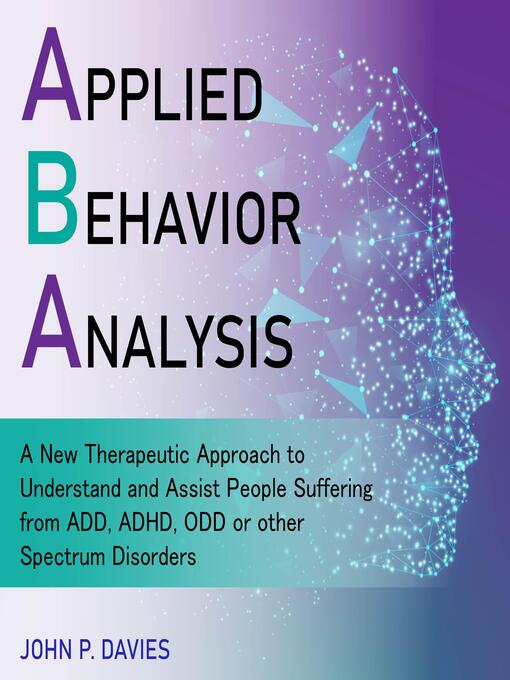It is a systematic manipulation of behavioral concepts to change behavior at any moment during a child's day.
Many ABA methods require teaching, which is driven in a highly structured manner by parents, while others use the innate desires of the learner to obey his or her initiations. In the sense of current operations, certain methods teach skills. Both abilities are broken down into small steps or parts, and many regular chances are given for learners to acquire and exercise skills in a variety of settings with ample positive reinforcement.
Cognitive behavioral training is used to teach children with ASD to control and regulate their own actions by modifying their attitudes, self-understanding, and values, based on the assumption that improvements are most likely to occur whenever a person becomes actively involved in their own behavior.
Neurofeedback includes tracking brain activity while a person engages with computer programs created specifically to facilitate focus or other skills. Sleep therapies educate parents and children in strategies for dealing with challenging sleep patterns typical in children with ASD and for developing schedules for sleep.
Throughout comparison to the ABA, ABA-based, and EIBI strategies mentioned previously, all such therapeutic techniques are used. In this audiobook, you'll learn:

